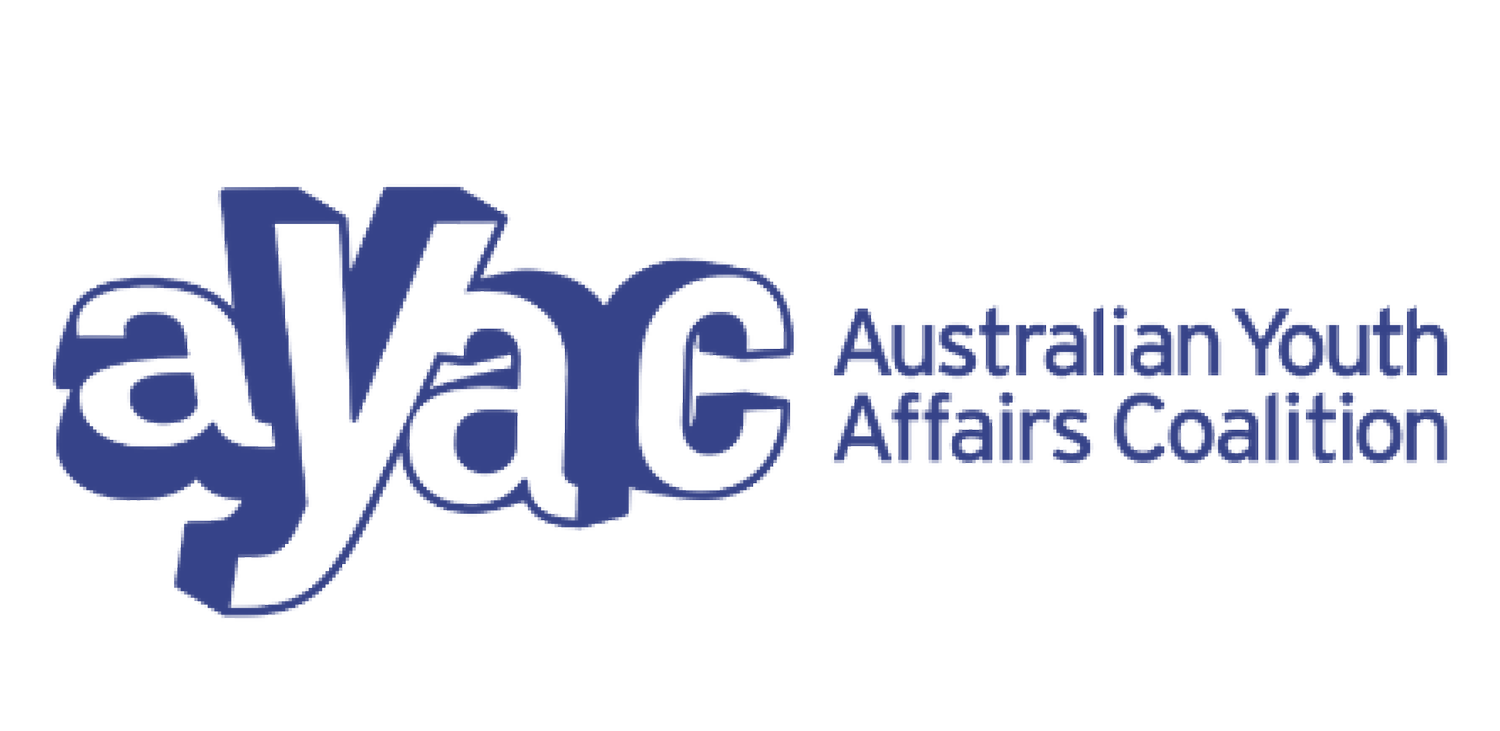Accessible Activism: Changing the world one accommodation at a time.
By Vex | 17 | Meanjin (Brisbane) QLD
Youth activism is becoming increasingly prevalent with the overconsumption of media through social platforms such as TikTok, Instagram, and Facebook. Young people are being forced to face the harsh reality of the current economic, political, and social climate of the world.
I consider myself one of those activists and have a strong passion for human rights lobbying. However, my disability blocks me from more traditional forms of activism.
When people think of ‘activism,’ the typical image of street protestors is common, but that popular form provides a barrier to many disabled people.
Due to my Spina Bifida, I have trouble standing for long periods, walking, and even sitting for longer than an hour due to chronic pain. Not being able to participate in this form of activism, I’ve received comments that my activism is performative. I was surprised that even in the activist community, there is still a level of ableism when it comes to protecting human rights — hypocritical, right?
In fact, according to the University of Michigan, disabled people are more likely to be politically active. So why isn’t activism representing that intersectionality? Frankly, it’s linked to the preconceived social notion of the ‘disabled identity’ that able-bodied people often subconsciously hold.
Those like myself with an invisible physical disability or people who have a mental disability are often considered not ‘disabled’ enough because we aren’t in a wheelchair or use obvious medical aids.
These harmful notions create an alienation of how disabled people should look and act.
However, by highlighting accessible ways of activism, lobbyists can create a more inclusive environment for everyone, regardless of ability. Creating more awareness about online activism — sending letters to politicians, watching documentaries, joining Zoom panels — can successfully bring accessible activism into the spotlight and encourage those who might be barred from more traditional forms to fight for their and others' human rights.
University of Michigan source: https://cpsblog.isr.umich.edu/?p=3152
The views expressed in AYAC’S youth blog are personal and and not an endorsement of AYAC; we value and encourage the diverse perspectives of young people.
